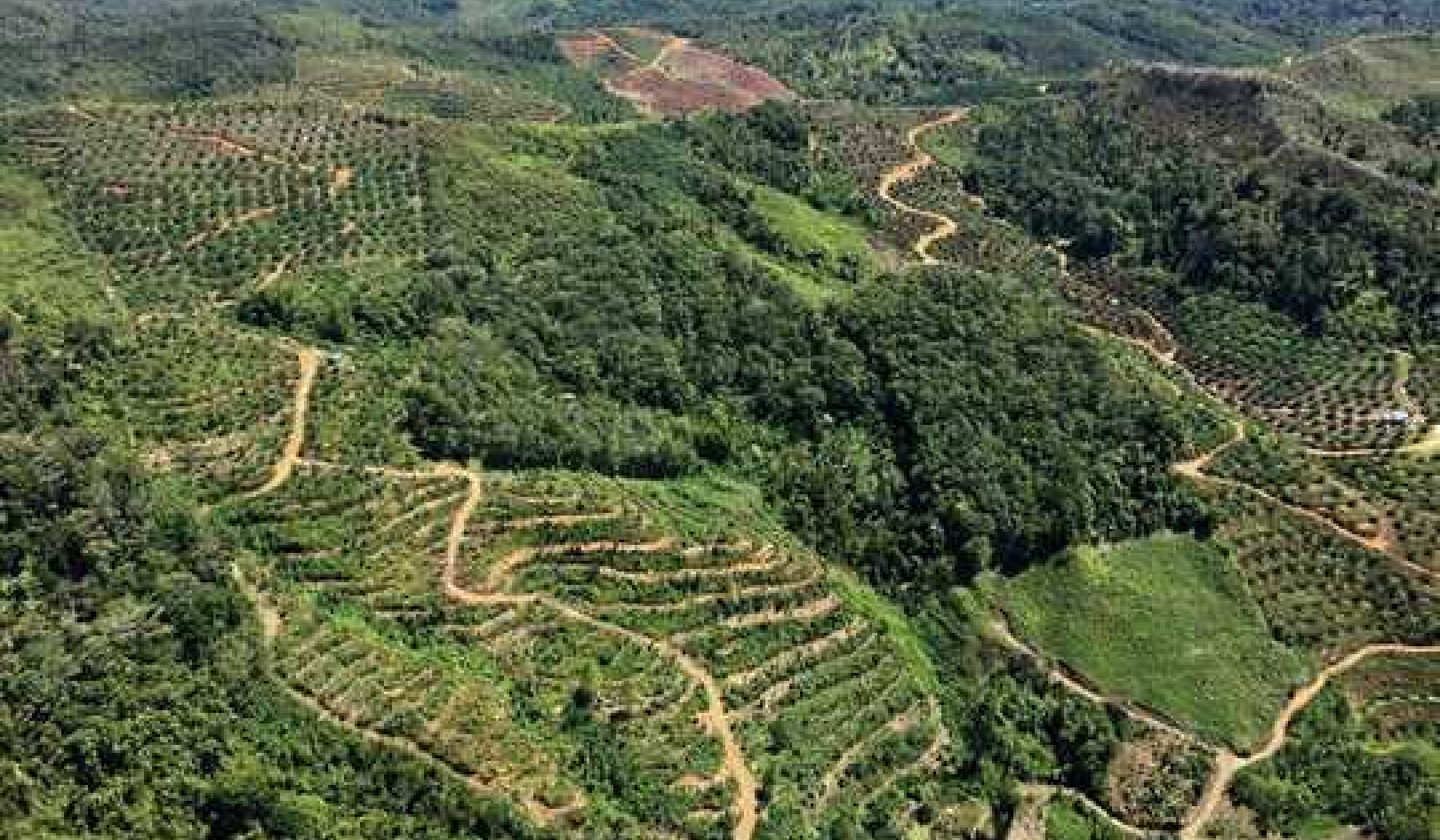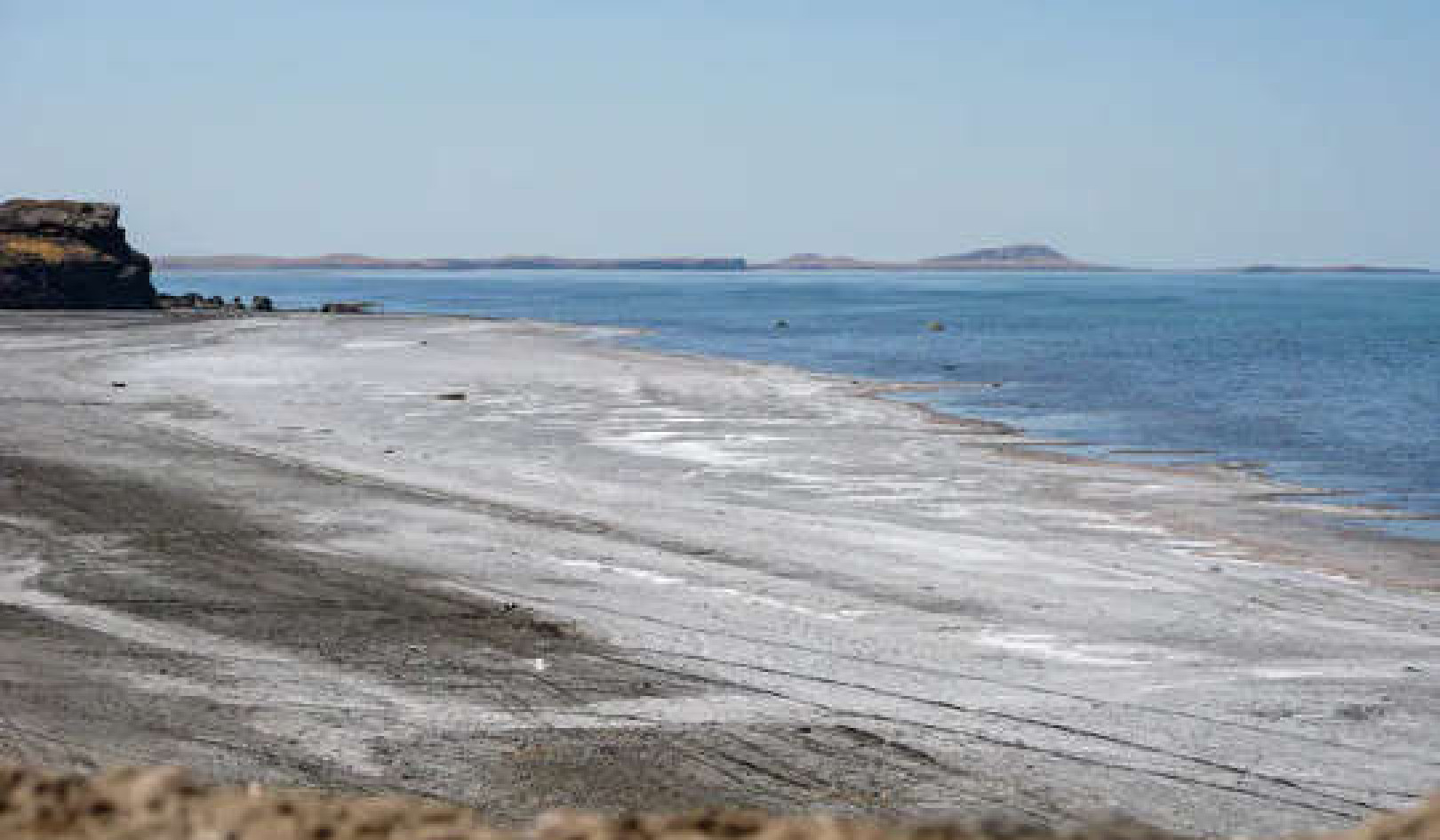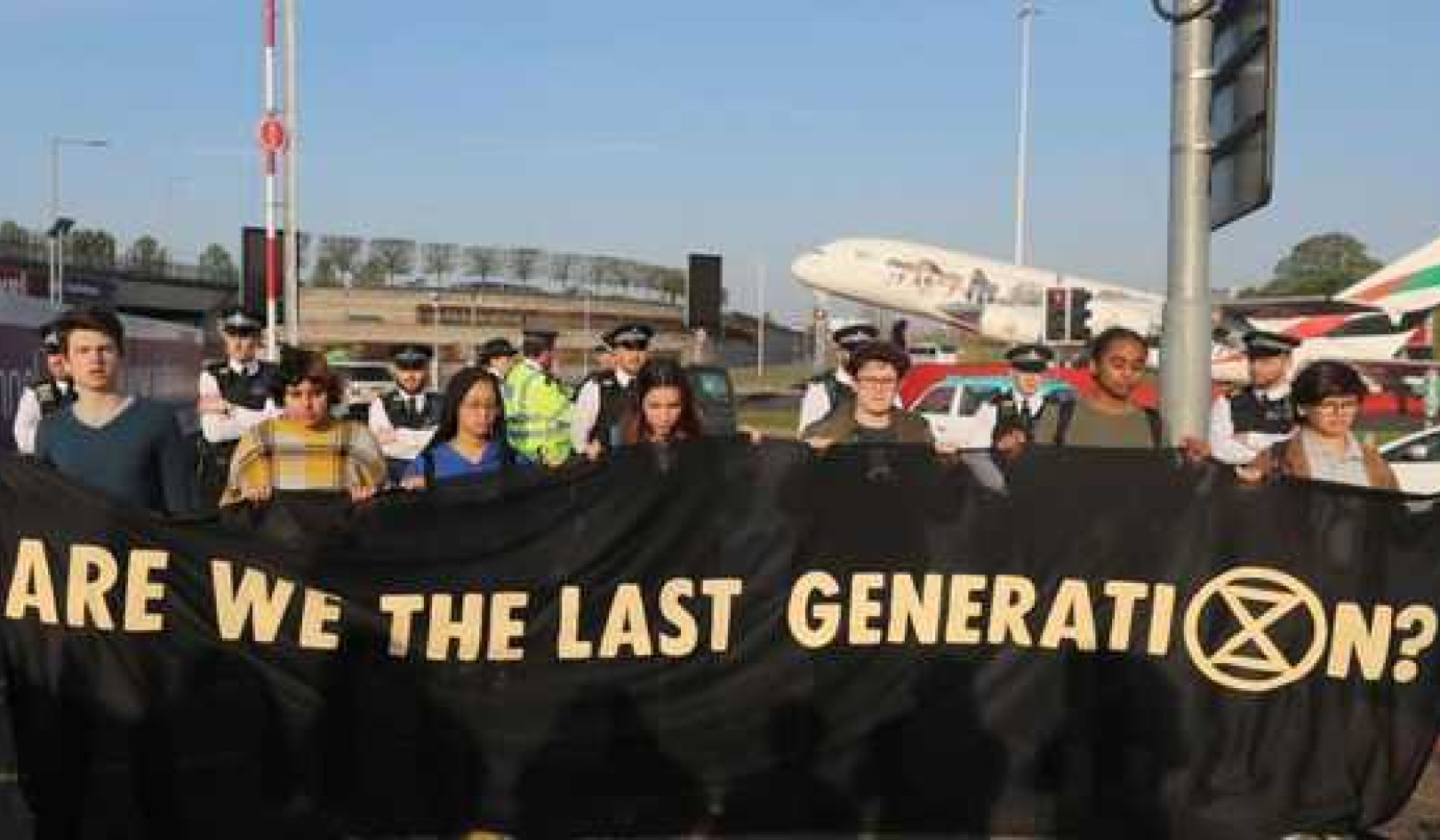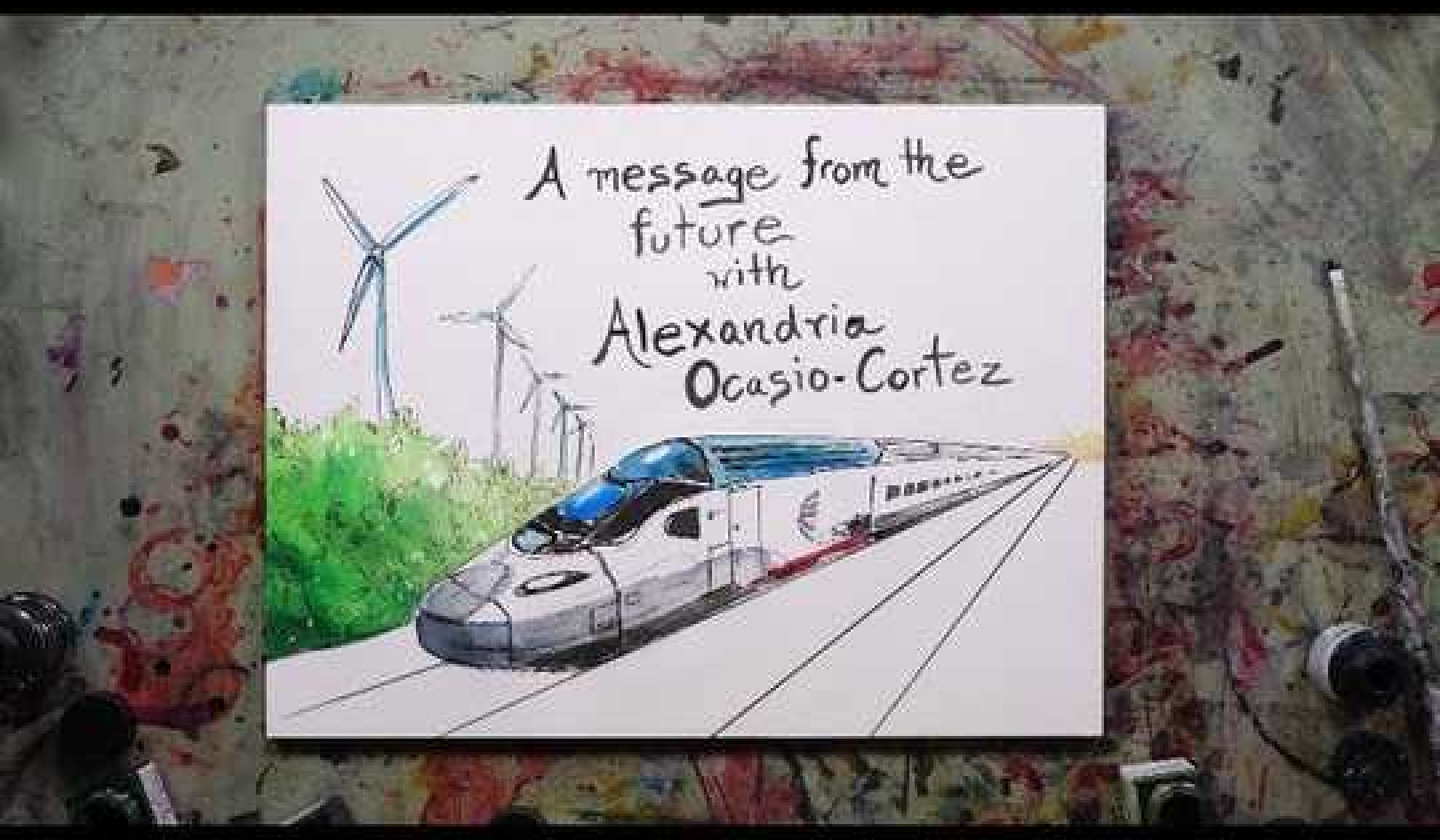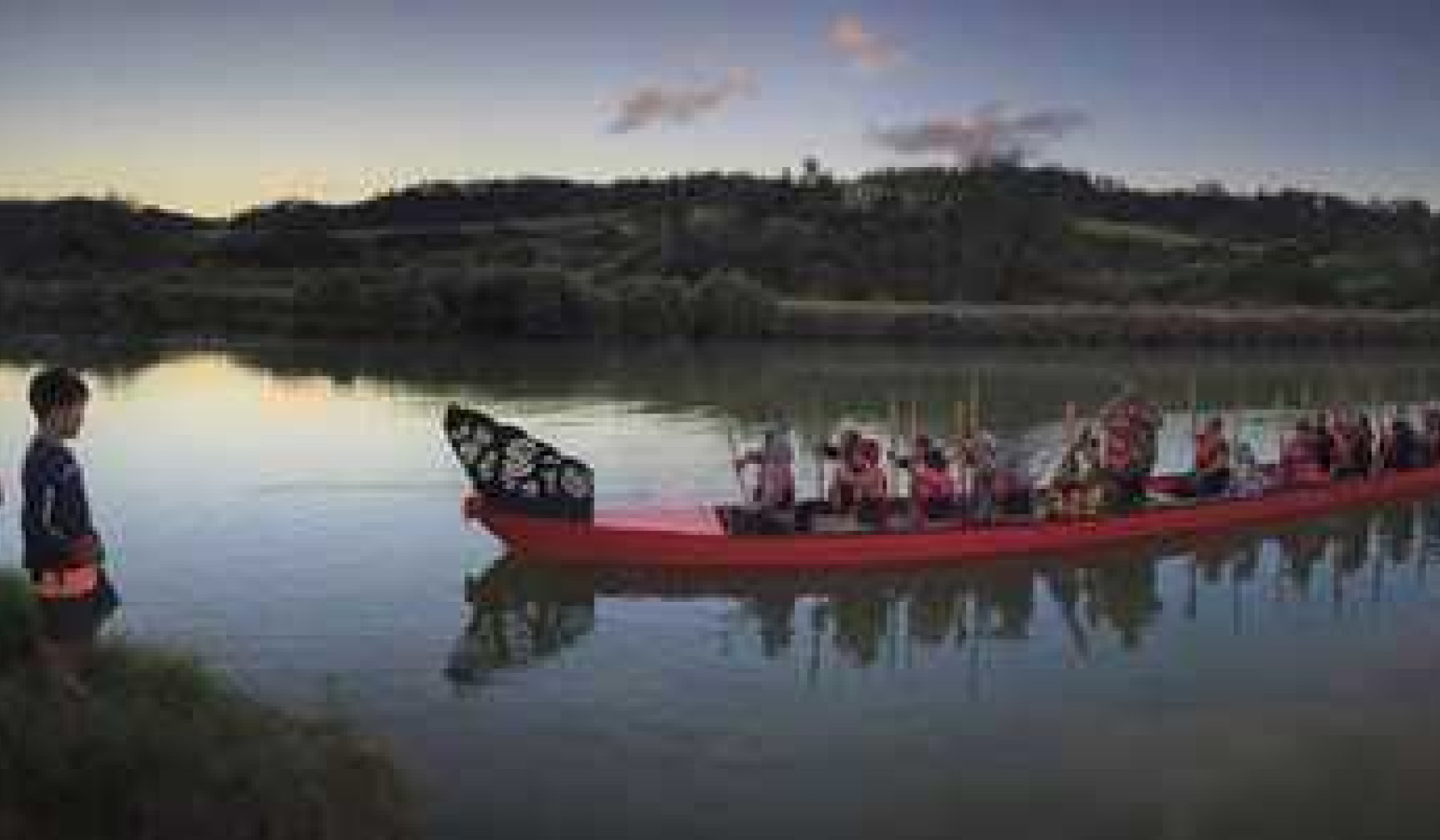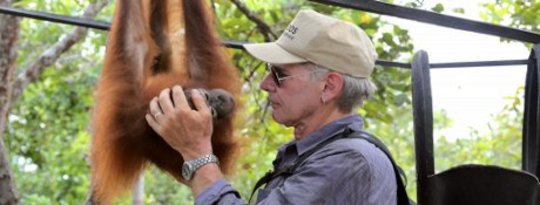
It’s being billed as “the biggest story of our time.” This weekend viewers of Showtime, the US cable channel, will be watching the first of an nine-part documentary series on climate change: some of the biggest names in Hollywood are involved.
There’s Harrison Ford in the jungles of Indonesia, investigating deforestation and the plight of orangutans. There’s Arnold Schwarzenegger, battling wildfires in California, Don Cheadle seeing the impact of drought in Texas, Matt Damon examining the consequences of a heat wave.
Years of Living Dangerously, a US$20 million production due to be first aired on cable TV on 13 April in the US, features an Oscar red carpet roll-call of Hollywood celebrities along with a cast of high-profile US journalists and columnists, all looking at the impact a warming climate is having on people around the world.
“These are the stories of people whose lives have been transformed by climate change”, says veteran director James Cameron, one of the backers of the project. “Everyone thinks climate change is about melting glaciers and polar bears. I think that’s a big mistake. This is 100% a people’s story.”
Hollywood is no stranger to the subject of a changing climate: so-called disaster movies such as The Day After Tomorrow, Category 7 and Waterworld all used dramatic, though some would say rather implausible, changes in climate as the backdrop for some edge-of-the-seat film action.
A Growing Band of Hollywood Stars Has Been Speaking Out
A growing band of Hollywood stars has been speaking out about the dangers of climate change: Leonardo DeCaprio produced and narrated The 11th Hour, a 2007 film investigating the state of the global environment. Morgan Freeman and Susan Sarandon have been among the Hollywood celebrities lobbying President Obama to do more on climate change.
Meanwhile a whole new genre of climate change-related documentaries has hit the silver screen. An Inconvenient Truth, a film starring former US vice-president Al Gore, is perhaps the most famous while the low budget The Age of Stupid, is among the most acclaimed.
Thin Ice and Chasing Ice are other documentaries looking at the impact of a warming world, while more focused local productions such as Are You Listening! – a Bangladeshi film about one community’s battle against rising sea levels – are playing to enthusiastic audiences.
Putting A Familiar Face On Complex Issues
There are differing opinions about the effect Hollywood celebrities have on the issue. Declan Fahy is an associate professor at American University’s School of Communication. He tells the Yale Forum on Climate Change and the Media that celebrities have a powerful promotional value and can reach wide audiences.
“They put a recognisable, individual face on a complex, systemic phenomenon like climate change and therefore make the issue connect with audiences, engaging them on the issue and potentially mobilising them to take action.”
However Fahy warns that using Hollywood stars can cause problems. Celebrities come with their own cultural baggage and their own histories: they can be open to the criticism of being another example of a liberal entertainment elite preaching to people.
The backers of Years of Living Dangerously, who include the Hollywood movie mogul Jerry Weintraub, feel the use of celebrities brings a new, high-profile urgency to the subject.
James Cameron says the series will include ample upbeat and optimistic messages along with the grim news about a rapidly warming atmosphere.
“This is about survival”, says Cameron. “This is the biggest story of our time – and this is the time to tell it.”
This article originally appeared on Climate News Network
Kieran Cooke is co-editor of the Climate News Network. He is a former BBC and Financial Times correspondent in Ireland and Southeast Asia., http://www.climatenewsnetwork.net/About the Author

Watch "Years of Living Dangerously" (First Installment)
{youtube}brvhCnYvxQQ{/youtube}
Recommended book:
Climate Change Denial: Heads in the Sand
by Washington Haydn and John Cook.
 Humans have always used denial. When we are afraid, guilty, confused, or when something interferes with our self-image, we tend to deny it. Yet denial is a delusion. When it impacts on the health of oneself, or society, or the world it becomes a pathology. Climate change denial is such a case. Climate change can be solved – but only when we cease to deny that it exists. This book shows how we can break through denial, accept reality, and thus solve the climate crisis. It will engage scientists, university students, climate change activists as well as the general public seeking to roll back denial and act.
Humans have always used denial. When we are afraid, guilty, confused, or when something interferes with our self-image, we tend to deny it. Yet denial is a delusion. When it impacts on the health of oneself, or society, or the world it becomes a pathology. Climate change denial is such a case. Climate change can be solved – but only when we cease to deny that it exists. This book shows how we can break through denial, accept reality, and thus solve the climate crisis. It will engage scientists, university students, climate change activists as well as the general public seeking to roll back denial and act.
Click here for more info and/or to order this book on Amazon.
























